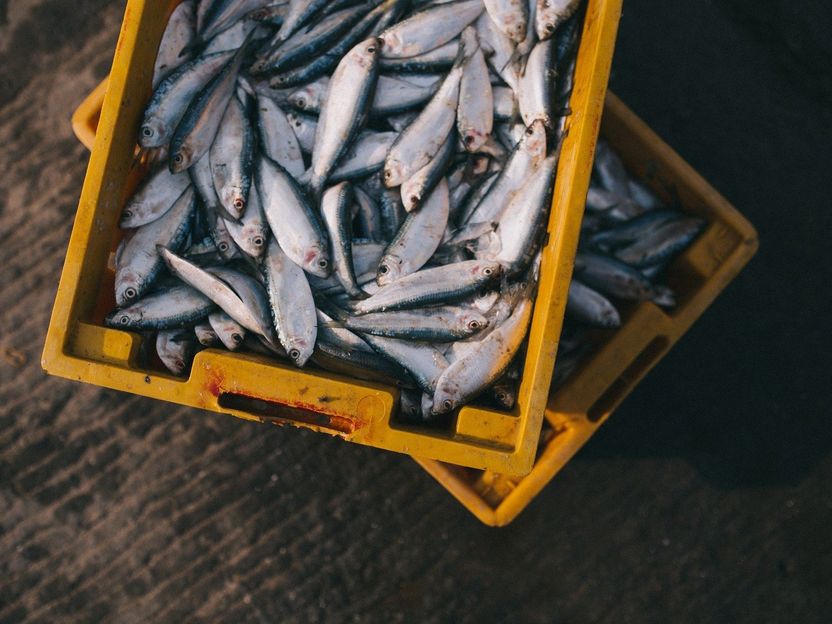More fish by 2050?
Overfishing of the oceans costs us valuable protein for 72 million people every year
Advertisement
The analysis published today by the Marine Stewardship Council, the organization with the blue fish seal, shows: If all the world's fisheries fished sustainably and without overfishing, we could catch more fish. So much more, in fact, that it could meet the daily protein needs of an additional 72 million people!

Bild von Free-Photos auf Pixabay
If we fished less, there would be more to eat
Fish and seafood are one of our most important sources of protein and play a significant role in many people's diets. However, population growth and the rising global demand for fish are putting pressure on stocks: worldwide, more than a third of all fish stocks are already overfished. Is there still more in the sea to feed a growing world population?
Scientific studies now show: Yes, there is still something left! Because: Without overfishing, we could catch around 16 million tonnes more fish each year! According to the latest analysis by the MSC, these "wasted" 16 million tons could fully cover the annual protein requirements of 72 million people. This would be equivalent, for example, to the total population of the Asian states of Cambodia, Malaysia, Timor-Leste, Sri Lanka and the Maldives; the entire rural population of the USA and Canada; or even approximately all the inhabitants of Germany.
The biological logic behind these calculations is a simple one: healthy, non-overfished stocks are much more productive than overfished ones.
Sustainable fishing and feeding 10 billion
By 2050, the world will be home to nearly 10 billion people. Global food production must be sustainably increased and equitably managed if a healthy diet is to be possible for all.
Sustainable fisheries management and the fight against overfishing can make a contribution to this: "If sustainable fisheries can become established worldwide, there will be more fish in 2050 than there are today - in the oceans and on our plates," says Dr Rohan Currey, Head of Science and Standards Development at the MSC.
Fighting overfishing
In recent years, more fisheries than ever before have adopted sustainable fishing practices. By the end of 2020, there were already 409 fisheries worldwide certified to the MSC's environmental standard, with a further 89 in the assessment process. Sustainable, MSC-certified fisheries do not fish overfished stocks and protect the marine ecosystem.
"How sustainable fisheries work and what sustainable fishing practices should look like is something we know very well," Dr Currey said. "What we need now more than ever is the willingness and policy framework to implement sustainable fisheries globally across all borders, all waters and all fish species. The fight against overfishing must gain momentum globally."
Ending overfishing would be a win-win in any case. For our planet and for us humans: More fish in the sea and more fish to feed the growing world population.
Note: This article has been translated using a computer system without human intervention. LUMITOS offers these automatic translations to present a wider range of current news. Since this article has been translated with automatic translation, it is possible that it contains errors in vocabulary, syntax or grammar. The original article in German can be found here.

























































